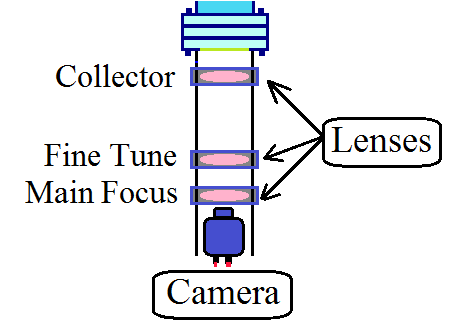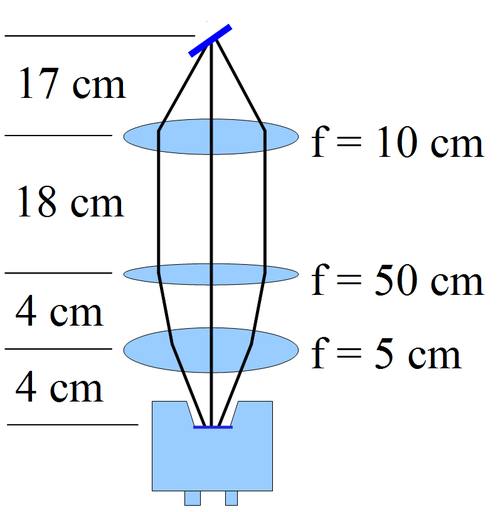Difference between revisions of "Sadiq BIW 2012"
| Line 11: | Line 11: | ||
= Abstract = | = Abstract = | ||
| − | A 16 MeV S-band linac at the Idaho Accelerator Center was recently reconfigured to produce a secondary beam of positrons | + | A 16 MeV S-band linac at the Idaho Accelerator Center was recently reconfigured to produce a secondary beam of positrons using 100 mA peak electron currents and a Tungsten converter. The transverse electron beam emittance was measured to optimize a quad triplet system positrons collection system escaping on the downstream side of the Tungsten converter. In 2011, we developed an optical transmission radiation (OTR) based beam imaging system coupled to a digital CCD camera using three optical lens to measure the emittance. In this paper, we describe the OTR beam imaging system and its performance. |
= Introduction = | = Introduction = | ||
Latest revision as of 00:46, 14 February 2012
Links
Abstract Submission to BIW2012
The deadline for abstract submission is February 15, 2012.
Imaging System for Emittance Measurement of IAC Medical Linac
Abstract
A 16 MeV S-band linac at the Idaho Accelerator Center was recently reconfigured to produce a secondary beam of positrons using 100 mA peak electron currents and a Tungsten converter. The transverse electron beam emittance was measured to optimize a quad triplet system positrons collection system escaping on the downstream side of the Tungsten converter. In 2011, we developed an optical transmission radiation (OTR) based beam imaging system coupled to a digital CCD camera using three optical lens to measure the emittance. In this paper, we describe the OTR beam imaging system and its performance.
Introduction
We used 3 lenses to collect OTR light from Al target. To improve image quality, 2 inch diameter lenses were selected. They have focal length of 100 mm, 500 mm and 50 mm, they were called collector lens, fine tune lens and main focus lens respectively. Collector lens has the middle focal length, collects most of the light from the source. Fine tune lens has the biggest focal length, act as fine tune of magnification. Main focus lens: has the smallest focal length, has biggest focusing strength, so act as main focus of light and focuses light to CCD.
Experiment Setup
Camera cage system was located below the OTR target. There are 3 lenses used to focus lights from target to the CCD camera. Target can be pushed into or taken out of the beamline by the actuator at the top.

